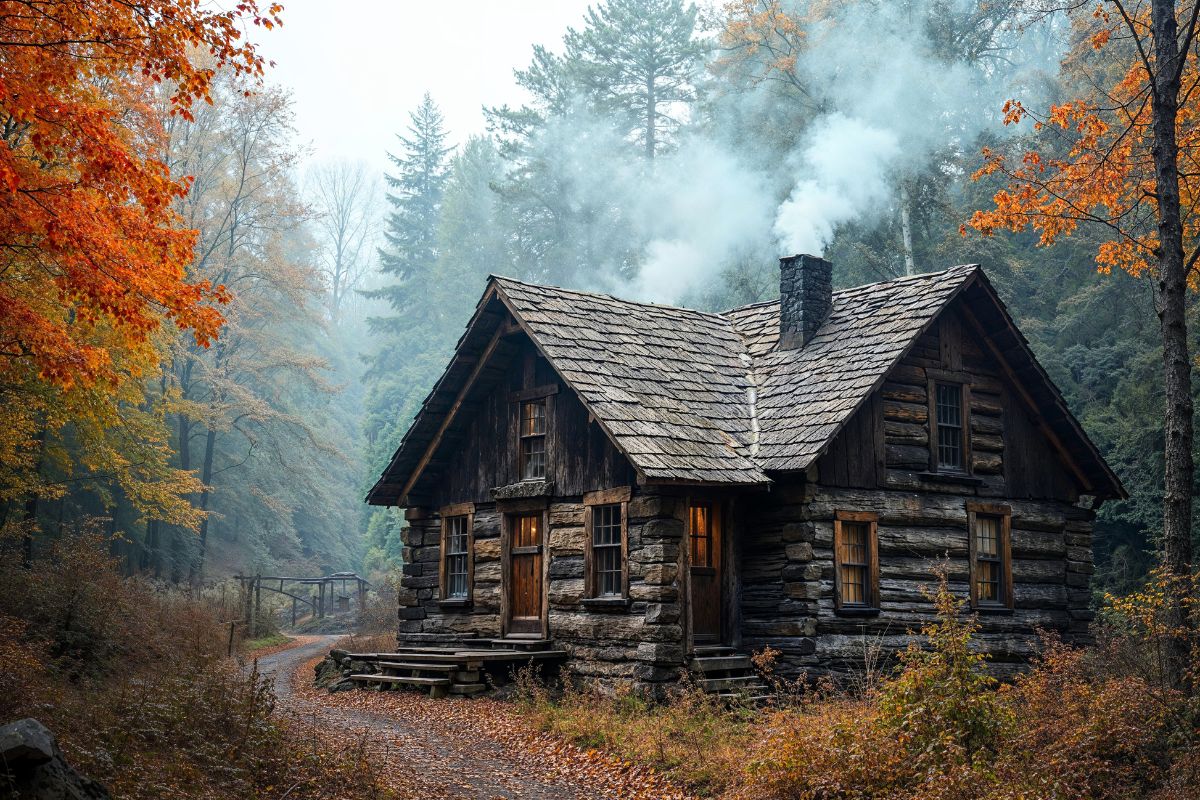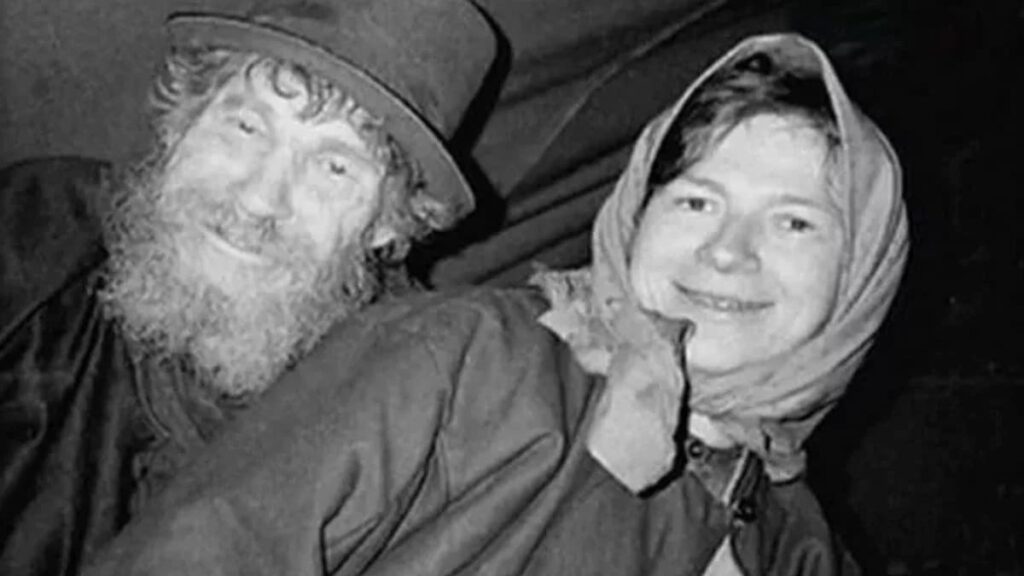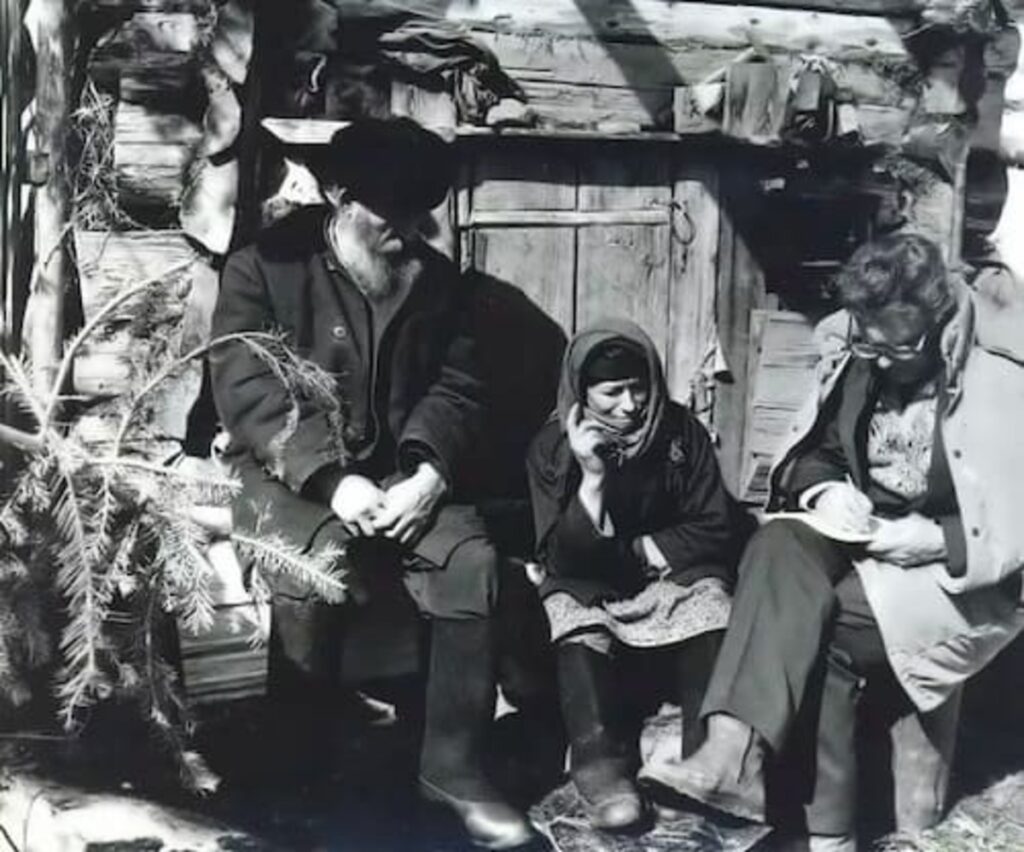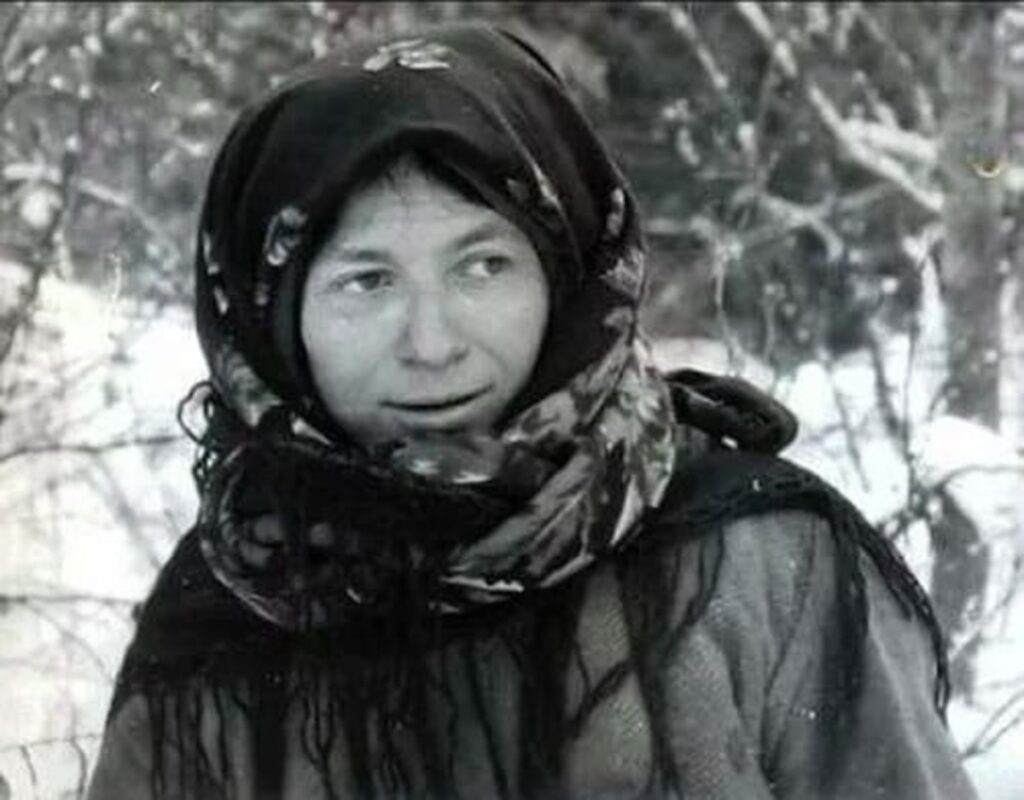The Incredible Story of a Family Living Cut Off from Civilization for 40 Years

Imagine stepping away from the world entirely. No internet. No electricity. Not even the hum of distant traffic. Just trees, snow and silence. For the Lykov family, this wasn’t a retreat weekend or some wild experiment—it was life. For forty years, they lived in total isolation, hidden deep in the Siberian Taiga, with not so much as a passing hiker for company.
It all began in the 1930s, when Karp Lykov, a devout member of the Old Believers—a persecuted religious group in Soviet Russia—made a drastic decision. After his brother was shot by Soviet soldiers, Karp gathered his wife Akulina and their two children and disappeared into the forest. And not just the nearby woods—this was the deep end of nowhere.
Survival in slow motion
What followed reads like something out of a novel. The family built a crude log cabin in a clearing and survived off whatever the forest would offer: wild berries, potatoes they grew in small patches, and eventually, wild game once the younger ones learned to hunt. Their clothes? Pieced together from hemp, tree bark, and whatever scraps could be stitched. Their home? No more than a wooden hut with a dirt floor. No running water. No heating beyond a wood fire.

The two eldest children, Savin and Natalia, had at least some memory of the outside world. But the two born in the forest—Dmitry and Agafia—knew nothing else. They’d never heard of World War II, never seen a car, a city, or another human being. Their world was trees and snow and sky.
The world knocks—finally
Then, in 1978, their hidden existence was accidentally uncovered by a group of Soviet geologists surveying the region by helicopter. Imagine the shock—on both sides. The scientists found a family that seemed transported from another century. The Lykovs, on the other hand, were stunned to see people at all, let alone ones bearing tinned food, plastic utensils and tales of moon landings.

And yet, despite their curiosity and kindness, the Lykovs didn’t exactly leap at the chance to rejoin the rest of us. They stayed put, wary of the modern world, its speed and, perhaps, its spiritual cost.
Tragedy in the wake of contact
Sadly, the reunion with civilisation was bittersweet. Within just a few years, Akulina and three of the four children died—some from illness, others from complications that may have been hastened by their long isolation. Karp himself passed away in 1988, leaving only his youngest daughter, Agafia.
She remained. And remarkably, she still does.

The last of the Lykovs
Today, Agafia Lykov lives alone in the forest, in a slightly sturdier cabin gifted by well-wishers. She occasionally receives visitors—scientists, journalists, even a few helpers—but she’s never fully rejoined society. Her days are filled with the rhythm of self-reliance, the routines of firewood, food and faith.
Agafia is more than a curiosity; she’s a reminder. A living time capsule. In an era obsessed with screens, schedules and Wi-Fi speed, her life makes us pause. What do we really need to survive? A heated towel rail, or clean water? Constant updates, or quiet?
Of course, most of us wouldn’t trade our lives for one lived in the wilderness. But the Lykovs’ extraordinary story poses a powerful question: if everything was stripped away, what would be left? What would we value most?
As we sip our cappuccinos and fumble for signal in crowded train carriages, it’s worth thinking about Agafia and her resilient, faith-driven, austere existence in the wild. A world where time is slow, the nights are silent, and the stars—oh, the stars—are brighter than we ever see from our city streets.
Loading...

